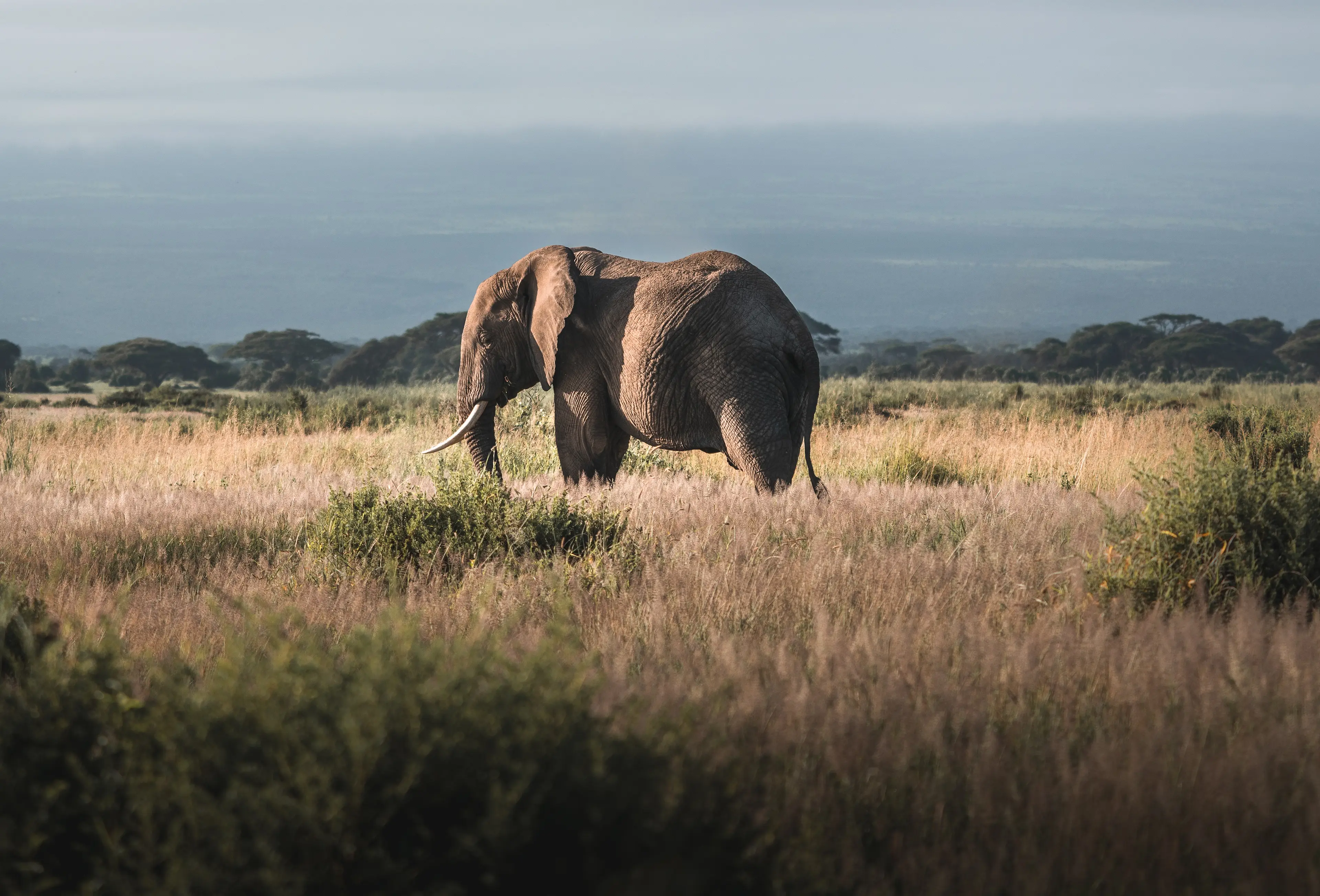
Combat Elephant Poaching in Africa
Info
Purchase type
By funding this project you are contributing to their work. You will receive impact reports and measurements but you won't receive a carbon credit.
Categories
Background
How Many Elephants is an anti-poaching conservation charity that is women-led, women-focused and impact driven. Their vision is to create healthy elephant populations by empowering female rangers on the frontline. The charity does this through education and awareness, amplifying the voices of female wildlife rangers. Another key element of their work is the collation of grants that are channelled to supporting and partnering with female led rangers that tirelessly patrol vast wilderness areas to stop poachers.
Why did we choose this project?
Elephants are 'keystone species', playing a crucial role in their ecosystem. They use their tusks to dig up dry riverbeds and create watering holes for other animals to drink, and their dung is full of seeds, helping plants spread across the environment and increase biodiversity. However, with the alarming statistic that 96 elephants are poached daily for their ivory, protecting this influential species is critical. How Many Elephants has a brilliant solution that works closely with organisations in Sub-Saharan Africa to train, deploy and equip female rangers.
How does it work?
Working in close collaboration and partnership with local grassroots ranger organisations in Africa, How Many Elephants acts as a conduit, channelling grants to direct action projects that empower female rangers to protect elephants from poaching, increase education and bolster awareness of the problem amongst communities. £130k has been awarded so far for such ends. Their core areas of interest for grantmaking include:
• Direct-action conservation
• Anti-poaching initiatives
• Community-outreach projects
• Research
• Training
• Education
Star fact
As a 'keystone species,' elephants often act as ecosystem engineers by feasting on trees and shrubs in savannah landscapes, creating pathways for smaller animals to move through.
UN Sustainability Goals
Verified by Pinwheel
3 Sept 2024
Location
Kenya